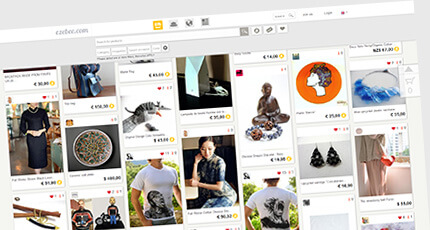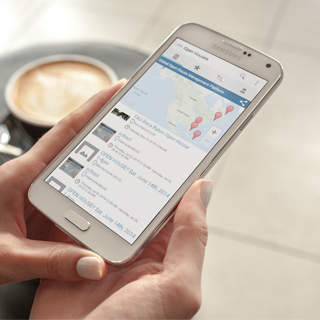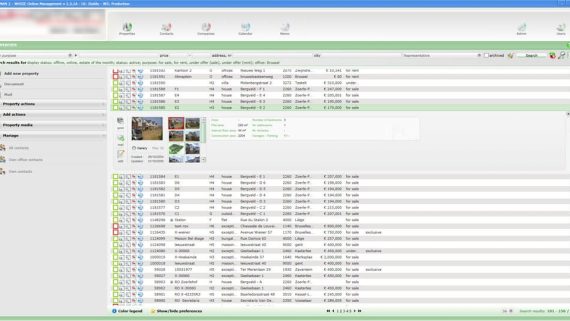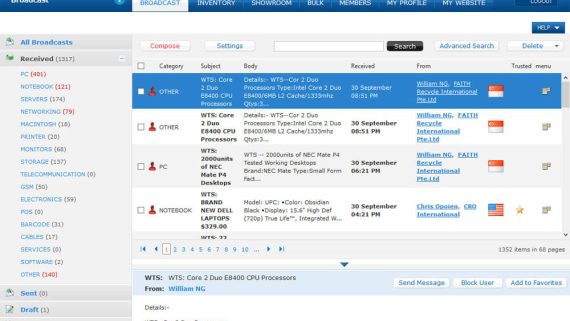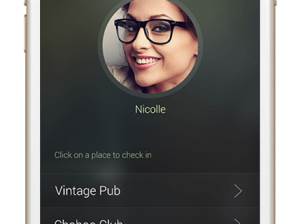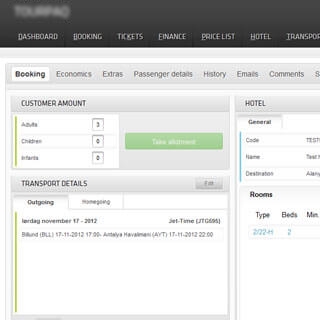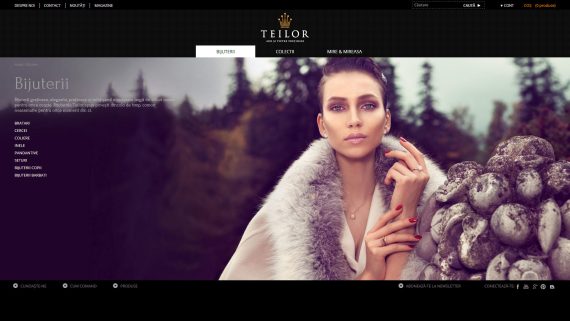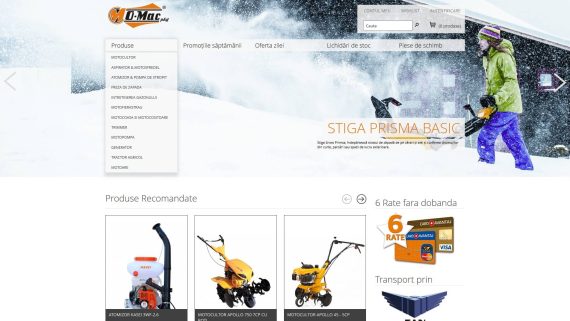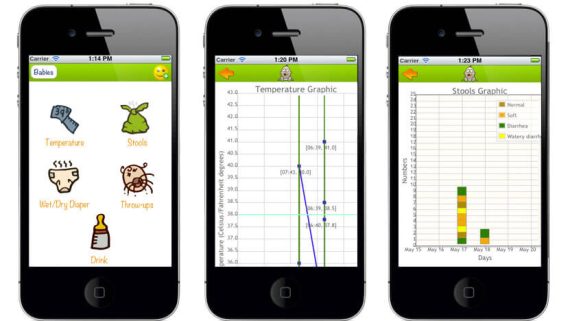iPad Application
-
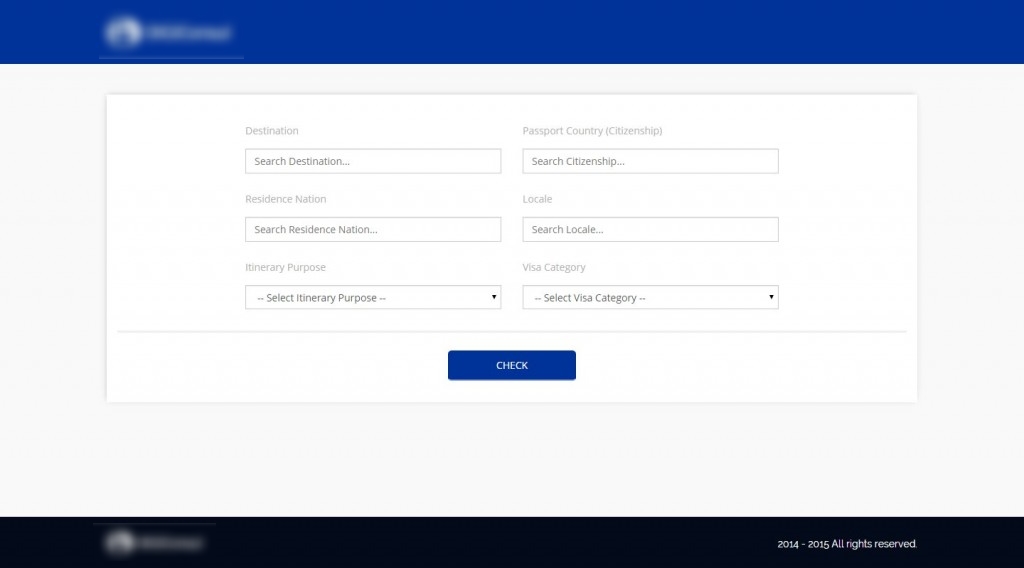
Our client
Our client had an idea to build a mobile app that would facilitate the process of applying for visas. With a team of individuals with more than 25 years’ experience serving the diplomatic corps, the client was aware that consulates face increasing pressure to screen travellers before entry and are constrained by dwindling resources.
The scope of the application that the client had envisioned was to help both applicants and consulates, by enabling a remote and much faster application process and making applicant engagement more secure. The idea was to combine multi-channel, applicant engagement features and “score” an application before “judgement” by the consular corps.
Client’s need
The initial request was an iPad prototype application that would use Optical Character Recognition to scan the machine readable zone within a photo of the applicant’s passport. The application would collect the passport information, such as first and last name, birth date, country, passport number, and fill them out into the appropriate spaces of the visa application forms.
The client needed the proof of concept (PoC) of the mobile app to present the idea to potential customer consulates. As the client was satisfied with the PoC, he decided to continue collaborating with Roweb on implementing the end product as well as several related products and services.
Solution
The PoC development took 5 weeks. Thanks to its great results, the client asked us to start building on the online consulate concept. Under the brand “iPad Application”, the start-up now includes:
- A website for the Applicant interface that works on all browsers
- A Manager website, the interface for the consulate employees who analyse the visa requests
- The iPad Application meant for the market, based on an internally developed API
- An Android application with the same functionalities as the iOS one
- A presentation website to enable the marketing of the iPad Application solution suite
The manager interface benefits of APIs that enable employees to automatically validate applications based on the validity of pre-existing bookings, which can be checked online for UK residents, thanks to a Company House API.
The applicants can try out the application free of charge, using a fictitious location (the Ancient Kingdom of Gandara, from the Chinese classical novel, Journey to the West. It is from this story that iPad Application’s technology platform, Journey, takes its name).
The project team included 5 developers and a machine learning specialist.
The main technologies involved in implementing the mobile application for scanning passports were:
- iOS with C and Objective-C - for the iPad Application
- Android SDK with C and Java – for the Android application
- C++ - to write an image processing algorithm for the application
- Tesseract OCR - one of the most popular open source optical character recognition (OCR) libraries, to read the information in the photos
- The machine learning algorithm interprets the information in the photos and fills out the application form with the data corresponding to each field
- OpenCV - one of the most popular libraries for computer vision tasks, was used for both mobile apps
- The gov.uk API – to validate the companies that the applicants claimed to work for
- For developing the Applicant & Manager websites: ASP.NET with MVC, Entity Framework, MS SQL Server, Bootstrap and jQuery. The presentation website was built on WordPress. Additionally, integration with Google Maps facilitate the validation of some of the information that the users entered in their visa application, such as their current and future address and the address of their employer
The solution’s benefits include:
- Accessibility in home country capitals, which enables onshore consular operations with lower back-office operational costs
- Digital document submission before the applicant arrives in the consulate
- Authentication of applicant statements with localised cross-referencing to host country databases
- Consulate capacity planning and management for seasonal variations and efficient resource allocation
- Secure, video conferencing of remote, initial applicant interviews
- eVisa issuance through state-of-the-art technology benefiting tourism and local economies for the long term
For consular offices, iPad Application offers the following features:
- applicant data validation
- biometrics & facial recognition
- video conference calls and in-consulate appointments scheduling
- bank account verification
- electronic filing of documents
- faster and more accurate application processing
For applicants, iPad Application offers:
- mobile friendliness
- simplified procedures and forms
- instant notifications on your mobile device
- fast and secure documents’ upload
As far as billing is concerned, the users are charged a one-time fee for each application, while the consulate employees receive access to the Manager platform in exchange for a monthly fee and access to special checks in exchange for an extra charge per request.
The most challenging aspect that we managed to overcome during implementation was performing OCR in various light conditions, from under-exposed to over-exposed passport details. Problems stemmed from the fact that some of the mobile devices used for photographing the users’ passports were not equipped with flash options and the photos were low – resolution. The image processing algorithms that we wrote in C++ successfully eliminated the noise in the images.
The project is still ongoing and our team will continue to customize the websites based on users’ feedback, as we aim to add maximum value for each category of users.
Client’s benefits from working with us
- Access to machine learning expertise, which is generally very hard to find
- Access to a dedicated team of senior mobile developers, with 5+ years’ experience in iOS and Android
- Timely deliveries: the first release was ready a month earlier than the client expected
- Excellent communication skills and flexibility


